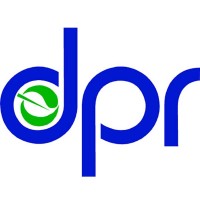Stakeholder Notices and Info
Stay Up-to-Date
View information on registration actions and communication to registrants by searching using the category filter or chronologically. You can search for specific content below, or view the information chronologically.
For information on the Pesticide Registration Evaluation Committee, visit our committees page or visit our Get Involved page to find an upcoming meeting.
Notices of Proposed and Final Decisions (NOD)
Find weekly notices of decisions through this resource.
California Notices and Additional Information
Click the “Search” button to view all information available or refine your search through the filtering options.
No results found.
Refine your search or use the “Clear Filters” button to start over.
Request a Public Record
To request a public record, please submit a request via our public records portal.
Sign Up for Email Updates
Keep in the loop by subscribing to one or more of our email distribution lists.
*= Required Field
Still have a Question or Need More Information?
Please contact us with questions or visit the Contact Us page on our website to connect with other programs at DPR.
